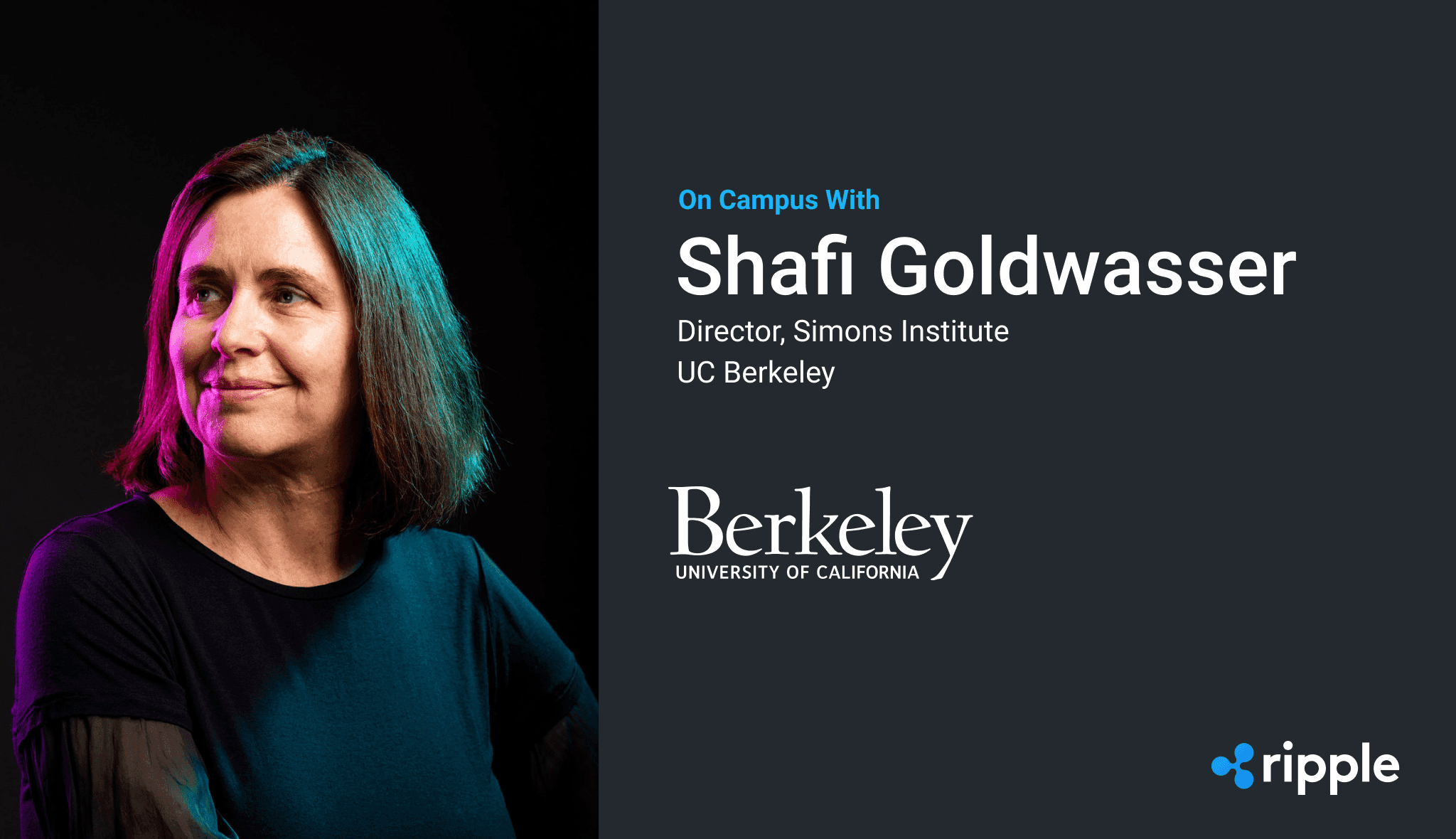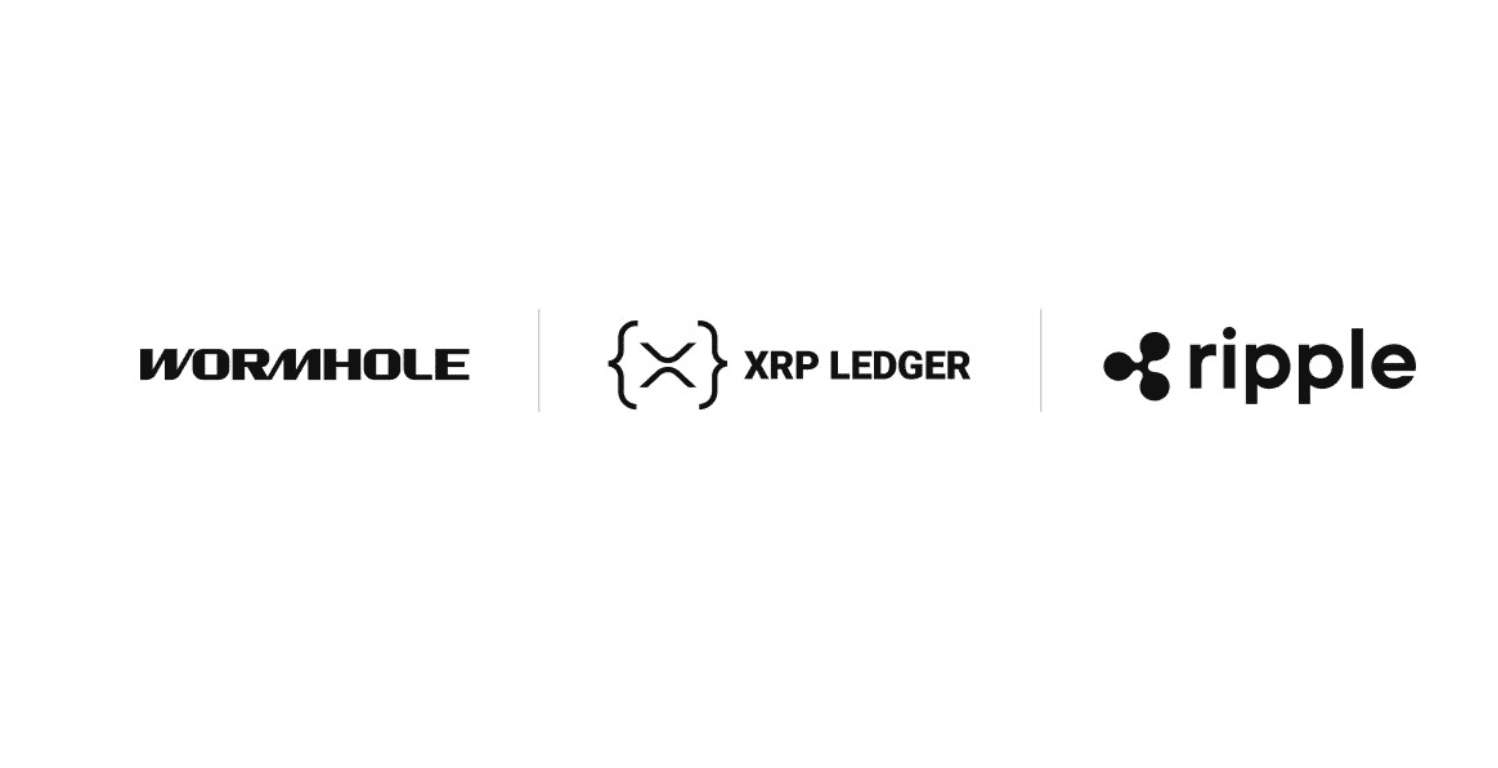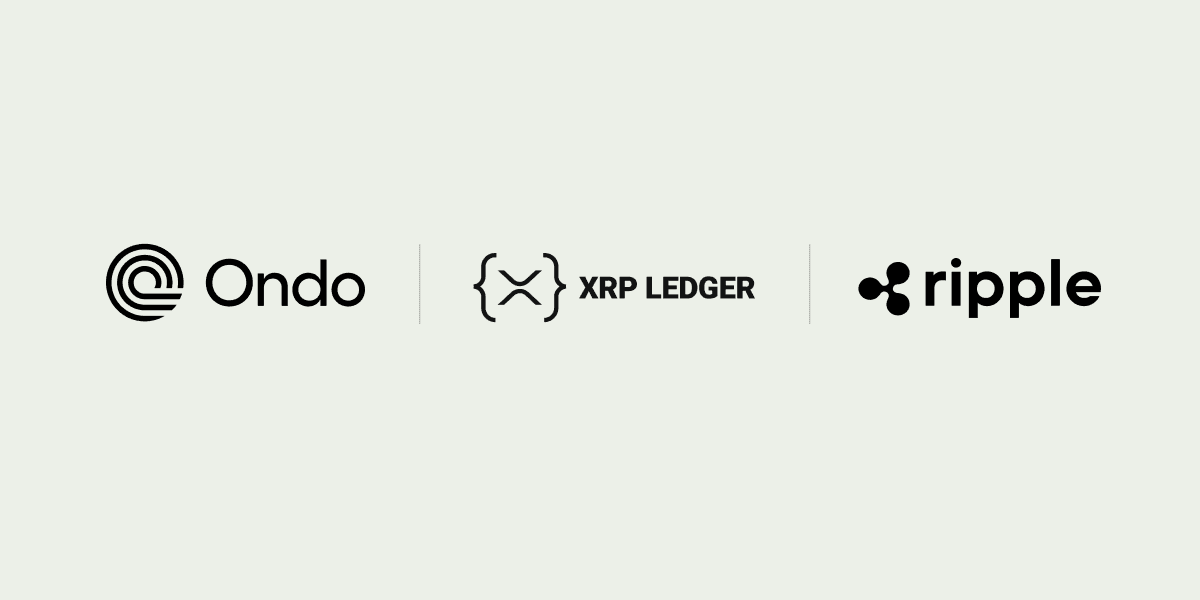“It just started to sprout like mushrooms,” remarks Professor Shafi Goldwasser on the emergence of blockchain technology. “I was interested in understanding its significance as a platform for collaboration, and what its impact would be on the economy.”
This 2012 Turing Award Laureate is a professor of computer science and the director of the Simons Institute for the Theory of Computing at UC Berkeley. She shared her thoughts on the potential for blockchain as part of a conversation about her organization’s work with Ripple’s University Blockchain Research Initiative (UBRI).
She explains that blockchain is a platform that can enable the broadcasting of anything—news, events, transactions, deeds, contracts, agreements—in an immutable fashion, all around the world, in just seconds. She believes that blockchain could ultimately transform and democratize the world’s economy.
Professor Goldwasser expects blockchain will help to optimize a wide range of industries. Transportation, with its competing approaches like Lyft, Uber and public transit, is a prime example because the decentralized blockchain model makes it possible to integrate all options while extracting the best performance from each.
To help people understand the technology behind blockchain and its future implications, Professor Goldwasser considers UBRI an important teaching and collaboration resource. At the Simons Institute, she is leveraging UBRI to produce collaborative research programs, including 2019’s “Proofs, Consensus and Decentralizing Society.”
Additionally, funds from the UBRI initiative have backed 12 student fellowships, 20 research projects, three new blockchain focused courses and ten events including those hosted by Blockchain @ Berkeley and She256.
Also, the UBRI program helped launch The Berkeley Blockchain Xcelerator, an entrepreneurship training module to educate, mentor, provide resources and exposure for global scholars, entrepreneurs and startup companies. The UBRI initiative is also providing support for the Simons Institute Lattices Workshops.
In 2019, UC Berkeley surveyed participants of UBRI funding and the results reveal a clear need for these types of initiatives.
Eighty-eight percent of the fifteen academic researchers funded strongly agree that their work will contribute to finding solutions to the world’s most pressing financial problems. Seventy-nine percent of students polled and enrolled within the three blockchain courses agreed that the curriculum stimulated ideas and dialogue around blockchain’s potential. Finally, ninety-two percent of over 200 polled attendees of UBRI-sponsored campus events indicate that the sessions fostered learning around current blockchain applications in industry.
Goldwasser is already at work on the spring 2020 research program entitled, “Lattices: Algorithms, Complexity, and Cryptography.” Its focus will be on a type of cryptography that she says appears to be resilient to quantum adversaries—and is therefore of great interest to researchers, as it will enable private computations on data posted to a website.
Much of the research she sees being done in the blockchain space today is focused either on applications of smart contracts or on improving blockchain transaction speed through competing approaches like proof of work, consensus, or proof of stake.
Her hope for UBRI and the larger on-campus work involving blockchain is to pioneer new ideas and startups based on the concept of blockchain as a platform.
Look out for more monthly Insights posts in the On Campus series and learn more about UBRI here.







